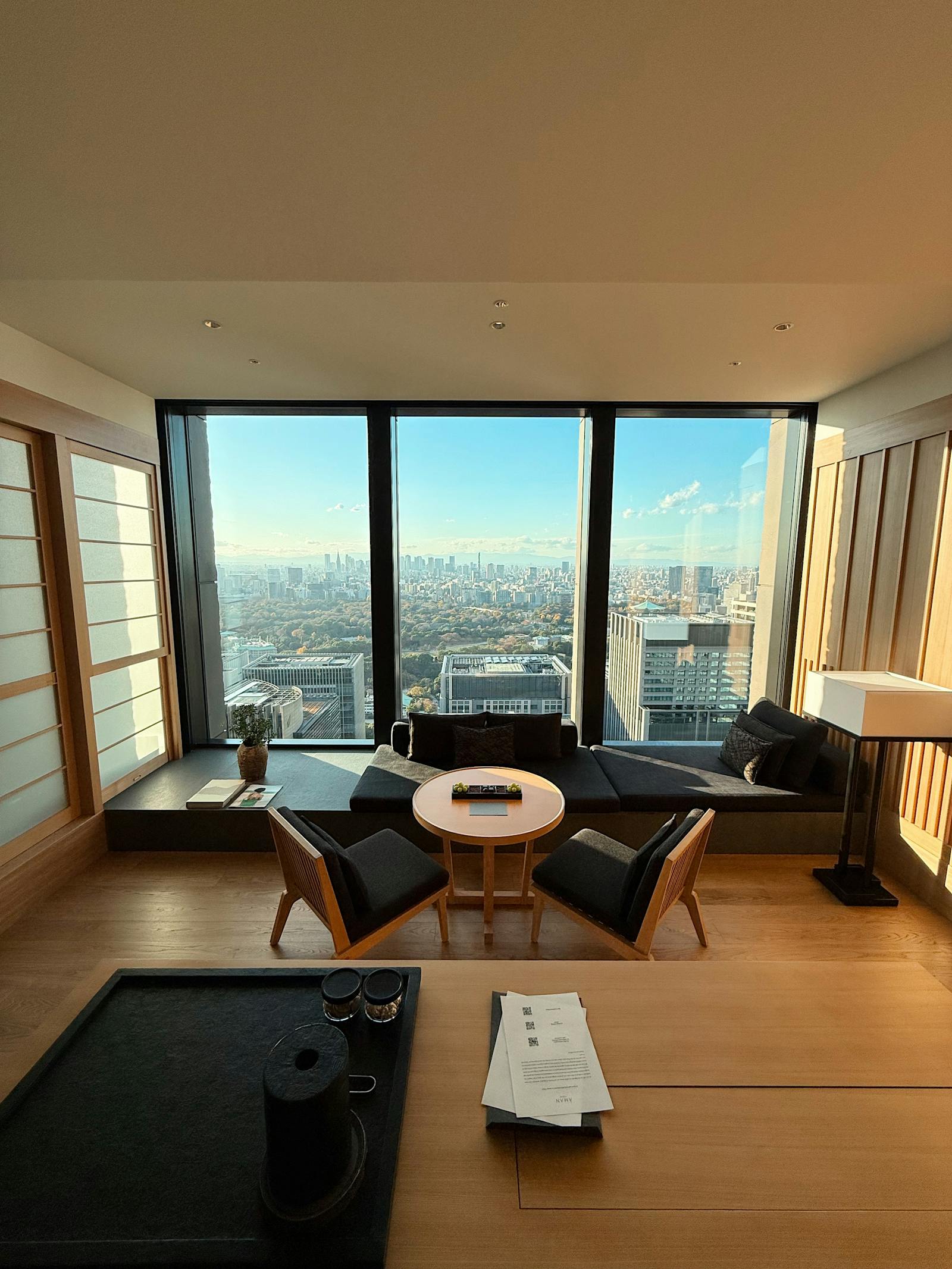Planning to list your home during the upcoming winter or spring? Start now to pace out the prep and reduce stress later. Here’s a quick checklist to help you get started.
Shop around for a REALTOR® who specializes in your neighbourhood and needs. Ask for recommendations and read online reviews.
Review your finances, considering selling and buying costs, mortgage options, possible penalties, tax implications, and get pre-approved before you shop.
Declutter and depersonalize (e.g., no personal photos)
Do minor repairs and ask your REALTOR® if any cosmetic changes would be worthwhile.
Understand tenant laws if you're selling a tenanted property.
Get a pre-listing inspection.
Make alternate arrangements for pets and kids during showings. Consider staying elsewhere while your home is listed.
Gather important documents such as warranties, receipts, and before/after photos of home improvements.
As you can see, selling your home is no small feat, so better to prep thoughtfully so you can sell with confidence.










-cropped-1694054891465.png)
